Kati and I have traveled far and wide to see incredible animals in the wild. Nothing can compare to seeing a wild Tiger or Polar Bear. To see a leopard in a tree after a kill or feel the ground shake when a herd of elephants are close. We feel so lucky to have been able to experience so much of the animal kingdom.
I remember when I was younger my parents would take me to the zoo. We loved it. We loved seeing the animals and didn’t even think about their treatment. Someone once said that when younger they loved zoos because they loved animals. When they got older they hated zoos because they loved animals. I feel the same way.
For centuries zoos have been ingrained in culture. However recent years have seen a surge, in discussions about the implications of keeping animals in captivity. While zoos were originally intended to educate the public and preserve species, they often fall short of achieving these goals. The unethical nature of zoos becomes evident when considering the compromised quality of life for animals their impact on animal populations the negative effects on animal behavior due to captivity and the unsustainable nature of zoos.
The Quality of Life for Animals
Animals held in captivity often experience a diminished quality of life compared to their counterparts in the wild. They are confined to enclosures that limit their ability to engage in behaviors and restrict their freedom to roam and explore. Consequently, this confinement leads to psychological distress well as elevated levels of stress hormones circulating within their bodies. Research also shows that captive animals are more prone to health issues such as obesity, heart disease and arthritis.
I remember seeing polar bears in the zoo. They typically had a small part with water. Seeing them in the wild, you see that they swim for miles and that a zoo has a poor representation of a polar bear’s habitat.
Or think about captive Orcas. Basically living in a bathtub.
The Impact on Wild Animal Populations
The impact that zoos have on animal populations is a cause, for concern too.
The practice of capturing animals, from the wild for zoos can disrupt the balance of ecosystems. Contribute to declines in population. Furthermore, breeding animals in captivity can result in inbreeding, which reduces diversity and increases the risk of disease.
Another documented concern is the impact of captivity on animal behavior. Animals housed in zoos often exhibit behaviors like pacing, self-mutilation and aggression. These behaviors arise from a lack of stimulation and an inability to engage in behaviors. Additionally captive animals can become overly reliant on interaction leading to psychological distress.
The sustainability of zoos is also an issue to consider. Operating a zoo requires resources such as land, water and energy. Additionally, the cost associated with caring for animals can be extremely high making it challenging for zoos to provide adequate care.
Fortunately, there are alternatives that offer living conditions, for animals while also contributing to species conservation efforts.
For instance, sanctuaries and wildlife rehabilitation centers offer a nurturing environment, for animals enabling them to engage in their behaviors. Moreover, organizations like the World Wildlife Fund are actively involved in safeguarding animal populations through the establishment of protected areas and participation in conservation initiatives. But be careful. Kati and I have also visited a so-called sanctuary in Naples, Florida which was awful. Even worse than a zoo.
But a Tiger kept at home, a zoo, or in Disney is not a wild tiger. There are approximately 5,000 tigers in captivity in the United States. There are a total of less than 4,000 wild tigers left in the world.
Our Final Word
To sum up there is evidence pointing towards issues concerning zoos. Animals kept in captivity often suffer from a lack of opportunities to engage in their behaviors while having a devastating impact on animal populations. Considering these factors shows that zoos may not be the choice, for conservation efforts. Thankfully there are alternatives that prioritize animal wellbeing and contribute positively to species conservation.
We have made a conscious decision to not go to a zoo or visit Disney’s Animal Kingdom. We have traveled the world to see and learn about animals in the wild. We have seen incredible animals do incredible things. We have been lucky.
It is our duty to make decisions that ensure animals are treated with the respect and dignity they deserve.
Related Posts
Polar Bears and Denali Backcountry: A Once-in-a-Lifetime Wildlife Encounter
Experience the majestic beauty of Denali and then travel to the Arctic as you explore the back country. Witness the awe-inspiring polar bears in their natural habitat, and take in the breathtaking views of the snow-capped mountains and glacial valleys. Immerse yourself in the unique culture of the region and explore the untouched wilderness of the Arctic.
A Journey through Time: Discovering Ancient Man
Travel back in time and explore the ancient man-made structures that have stood the test of time. From the Great Pyramids of Giza to the Great Wall of China, discover the secrets of these incredible monuments and the civilizations that built them. Uncover the stories behind these ancient structures and the people who created them. Learn about the engineering feats and the cultural significance of these ancient wonders. Join us on a journey through time and explore the ancient man that have shaped our world.
The Best 12 Cafés in Paris You Need to Check Out
Paris is a foodie’s paradise, and the city’s cafes are no exception. From cozy bistros to chic patisseries, the city is full of unique cafes that offer a variety of delicious dishes. Whether you’re looking for a light snack or a full meal, you’ll find something to satisfy your cravings. From classic French fare to international cuisine, the best cafes in Paris have something for everyone. So come explore the city’s culinary delights and discover why Paris is one of the world’s top food destinations.

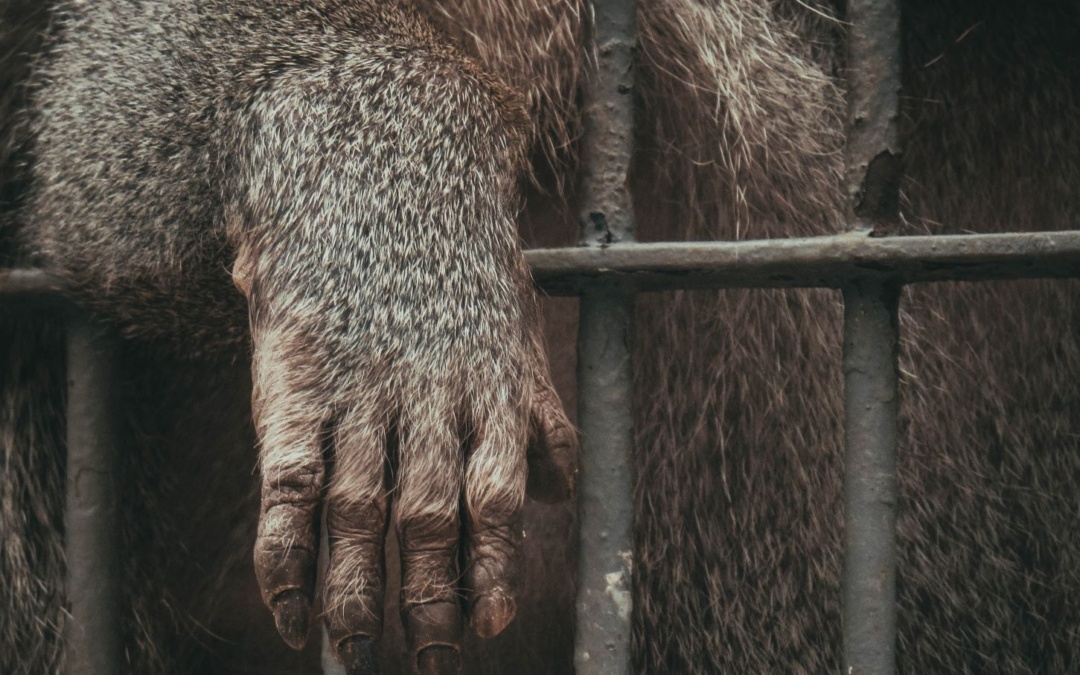

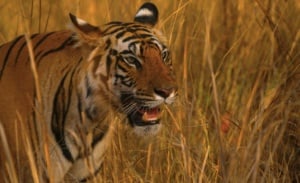
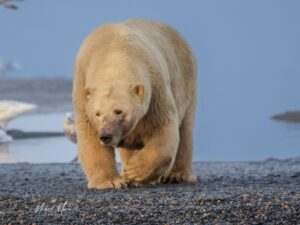
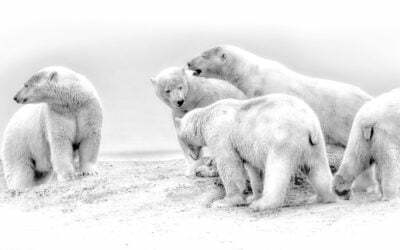
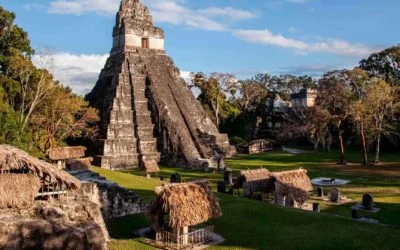

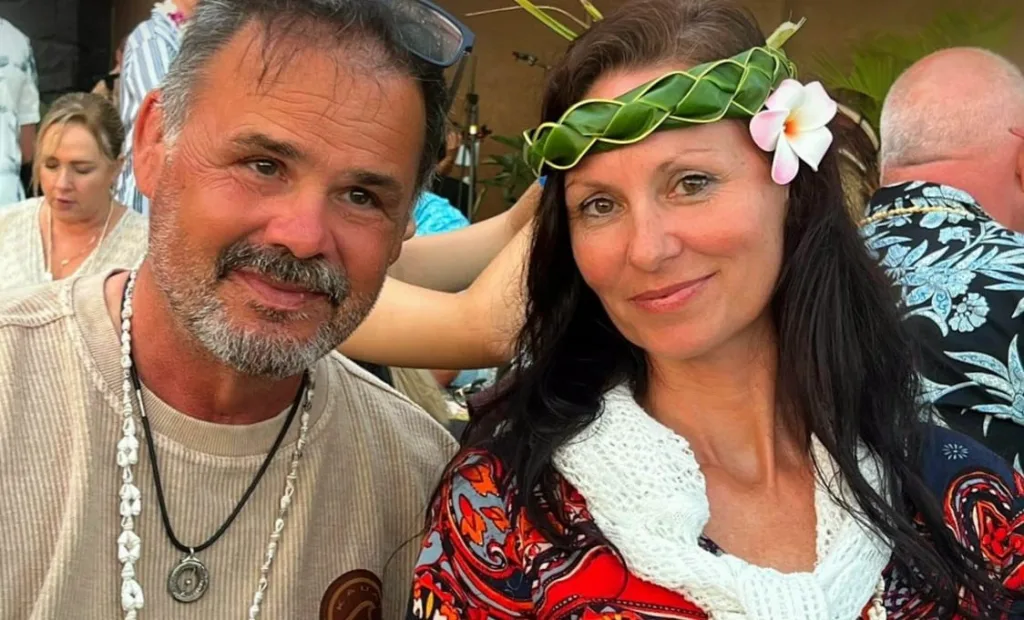


0 Comments